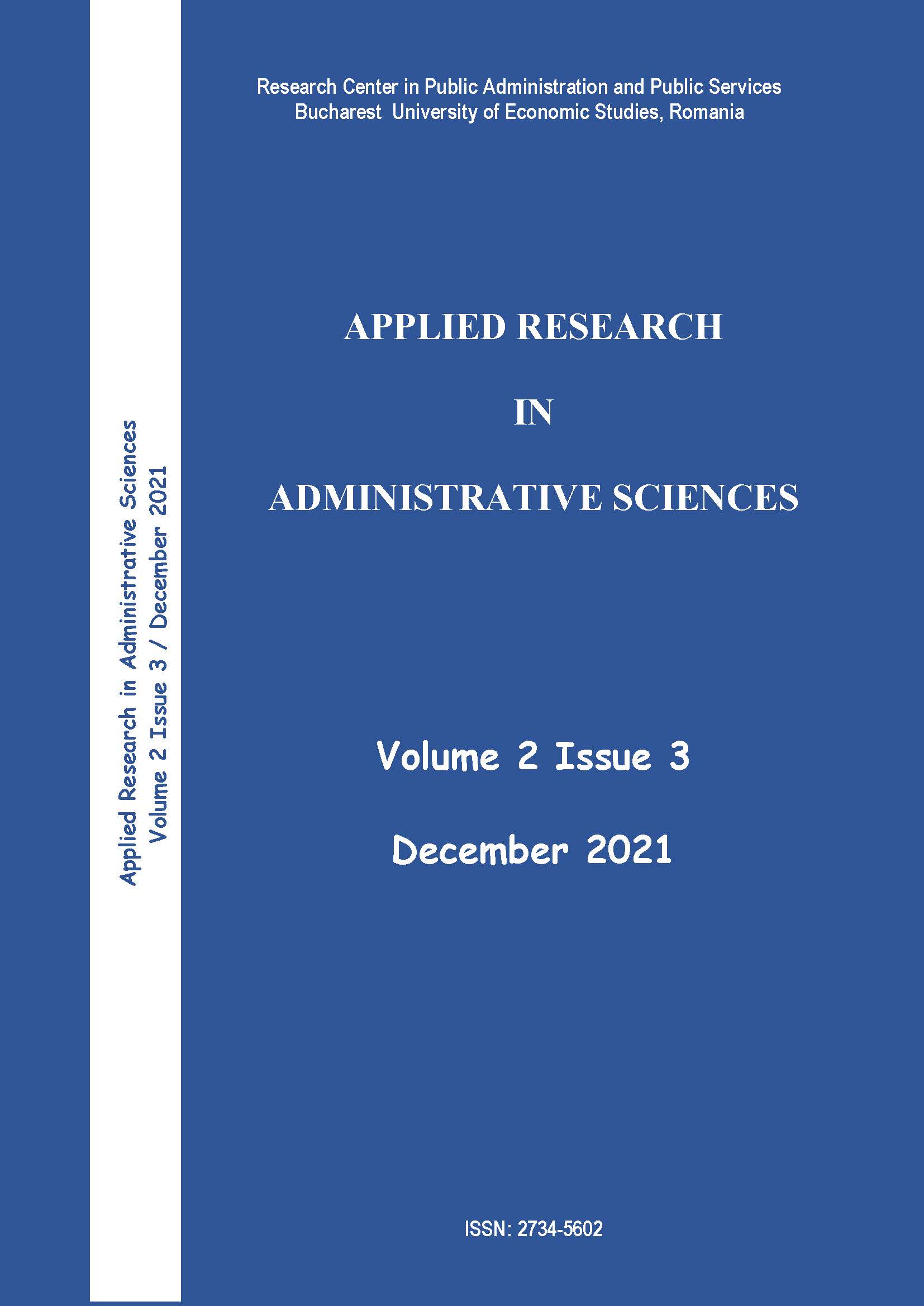PARLIAMENTARY CODES OF CONDUCT AND THE ACCOUNTABILITY OF PARLIAMENTARIANS
PARLIAMENTARY CODES OF CONDUCT AND THE ACCOUNTABILITY OF PARLIAMENTARIANS
Author(s): Ken Coghill, Abel KINYONDO, Julia THORNTONSubject(s): Public Administration, Government/Political systems
Published by: Centrul de Cercetare in Administratie si Servicii Publice
Keywords: parliament; parliamentarian; legislature; ethics; accountability; code of conduct; integrity system;
Summary/Abstract: This paper reports original research into how parliaments (legislatures) address the ethical conduct of their members of parliament (MPs) as that may affect the accountability of MPs for their conduct, performance of the parliament and the reputation of the institution. It reports the findings of (i) a survey of all Commonwealth Parliamentary Association (CPA) member parliaments (ii) interviews of MPs and Clerks of selected CPA member parliaments and (iii) processes to develop benchmarks intended to guide CPA member parliaments in the design and/or revision of codes of conduct for MPs. Parliament is a key pillar of the National Integrity System (NIS) in a contemporary democracy. The NIS is the system of structural and behavioural features intended to improve accountability for conduct and reduce risks of corrupt behaviour, thereby improving the efficiency and effectiveness of societal outputs and hence superior social outcomes. The paper presents analysis of the range of provisions in current codes (or code-like provisions) as features of the Parliamentary Integrity System component of the NIS in CPA member parliaments. Whilst sanctions for unacceptable behaviour are found to be essential to the effectiveness of codes, behavioural factors are crucial to the effectiveness of any code. A disregard for a code and a failure to enforce it would render it ineffective. The paper discusses the effects of providing MPs with one or more sources of independent advice on ethical matters and also of providing for receipt and investigation of complaints to be independent of possible or perceived partisan influence. Finally, proposed benchmarks applicable to codes of conduct for MPs are outlined.
Journal: APPLIED RESEARCH IN ADMINISTRATIVE SCIENCES
- Issue Year: 2/2021
- Issue No: 3
- Page Range: 32-47
- Page Count: 16
- Language: English

